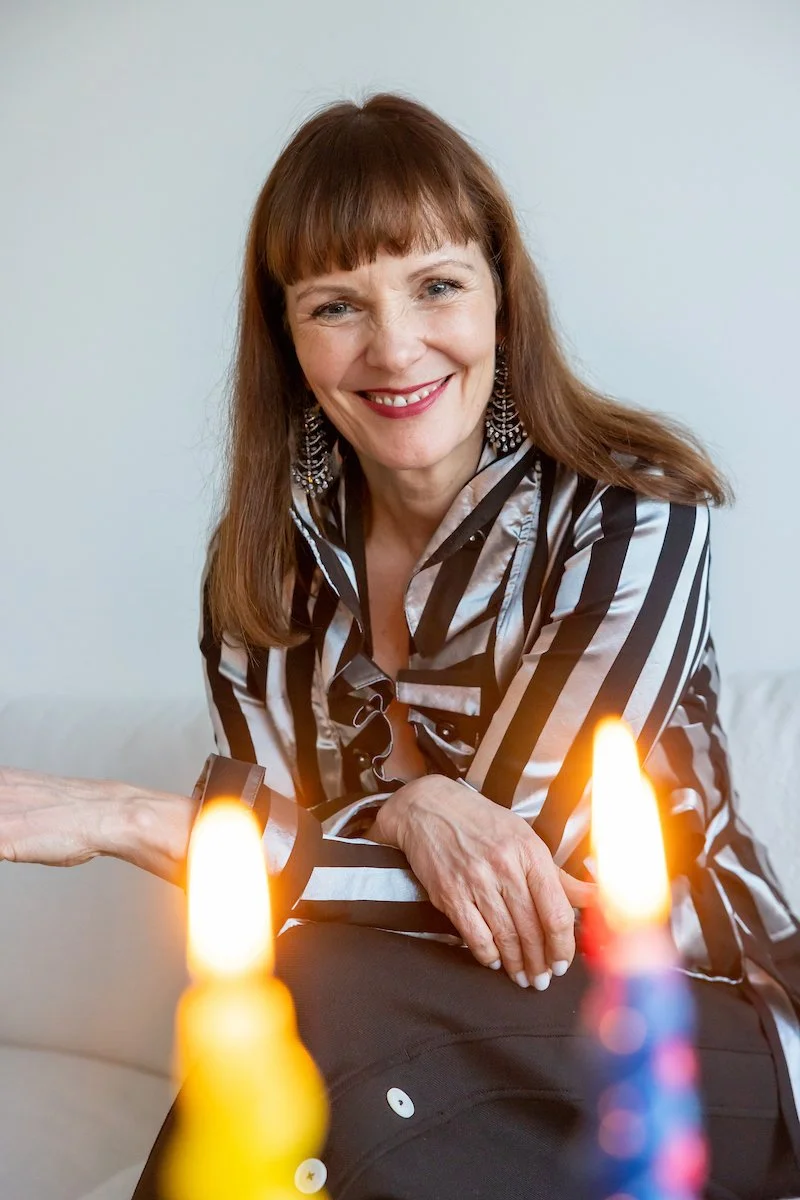The Radical Power of Self-Celebration
There’s a quiet, powerful practice that rarely gets taught — especially to those of us conditioned to be accommodating, selfless, or agreeable. It’s the act of self-celebration.
Not the kind that shouts from the rooftops or performs for the crowd. But the kind that says: I see myself. I value who I am — especially the parts that don’t fit in easily. Especially the parts I’ve been told are "too much," "too emotional," or "not enough."
Self-celebration isn’t about ego. It’s about wholeness. And that wholeness is the foundation of authentic power.
The Parts of You That Don’t Fit — Are Essential
The things that make you different are often the very things that have the most power. But let’s be honest: standing in those differences can feel scary. Especially when the world around us rewards conformity. When we’ve learned that safety comes from belonging, and that belonging often means shrinking ourselves to fit.
But here’s the truth: when we deny the parts of us that feel inconvenient or uncomfortable, we deny our full self. And when we deny our full self, we lose access to our full power.
Dr. Gabor Maté, renowned expert on trauma and healing, writes, “Authenticity is the key to health.” According to his work, the tension between authenticity and attachment — especially in childhood — is one of the deepest roots of dis-ease. When we suppress our real feelings in order to be loved, that suppression lodges itself in the body (Maté, The Myth of Normal, 2022).
In somatic psychology, this concept is echoed by therapists like Pat Ogden and Peter Levine, who show that unexpressed emotions — especially those repressed to maintain relational harmony — don’t simply vanish. They live in the nervous system, shaping how we breathe, move, digest, and relate.
So when we begin to celebrate our uniqueness — not just accept it, but honour it — we signal safety to our nervous system. We invite ease. We regulate our stress responses. We come back into alignment.
The Social Nervous System and the Need for Connection
It’s completely natural — and profoundly human — to want approval, support, or reassurance from the people closest to us. Especially if, as children, we didn’t get the emotional attunement or validation we needed. This isn’t weakness. It’s biology.
Our nervous system develops in relationship. According to Stephen Porges’ Polyvagal Theory, the social engagement system — part of the vagus nerve — is wired to seek co-regulation. That means our wellbeing is quite literally supported through safe, trusting relationships.
So when your body tells you, this person feels safe, and you feel the urge to let yourself soften or reach out — that’s not dependency. That’s health. That’s your body remembering how to connect.
Don’t isolate yourself. That’s not strength. True resilience comes from being able to lean — wisely, intentionally — into others when needed. Trust that your body knows who it’s safe to fall with. And give yourself that gift.
The Patriarchal Lens and the Suppression of Self-Celebration
In a patriarchal system, both women and men are conditioned away from wholeness.
Women are often taught to equate strength with silence, to diminish their needs, and to remain agreeable in order to maintain peace. Self-celebration then becomes something suspect — too loud, too bold, too full of itself.
Men are often taught that vulnerability is weakness, and that their value comes from performance or achievement. Celebration of one’s tender, inner world — the soft parts — gets pushed down.
This is not just cultural. It becomes cellular.
It’s Not Just You
If you’ve ever felt strange, not-normal, or unsure whether what you feel is allowed — you’re not alone. This is a shared reality for so many. We live in systems that have trained us to disconnect from ourselves, and each other.
But disconnection is not our natural state. Connection is.
And when you begin the practice of celebrating yourself — really celebrating — you begin to reconnect. With your truth. With your body. With your capacity.
What Self-Celebration Can Look Like
It might be:
Saying no, even when it’s uncomfortable
Wearing something that makes you feel powerful
Admitting when you’re tired and resting anyway
Sharing your work, your words, your presence — not to prove anything, but because you’re proud
Looking in the mirror and meeting your own eyes with kindness
A Somatic Check-In to Celebrate Yourself
Breathe: Three slow breaths. Let your exhale lengthen.
Sense: What part of me wants to be seen or acknowledged today?
Honour: Place your hand there. Say something kind — even if it feels awkward. Try: “You belong.”
This might not change the world overnight. But it will change your world.
And when we each begin to stand in the power of our full selves — we create a ripple that changes everything.
Want to go deeper? Join the Fierce Power newsletter for monthly insights, practices, and real talk about power, healing, and leadership that starts within. Subscribe here.

